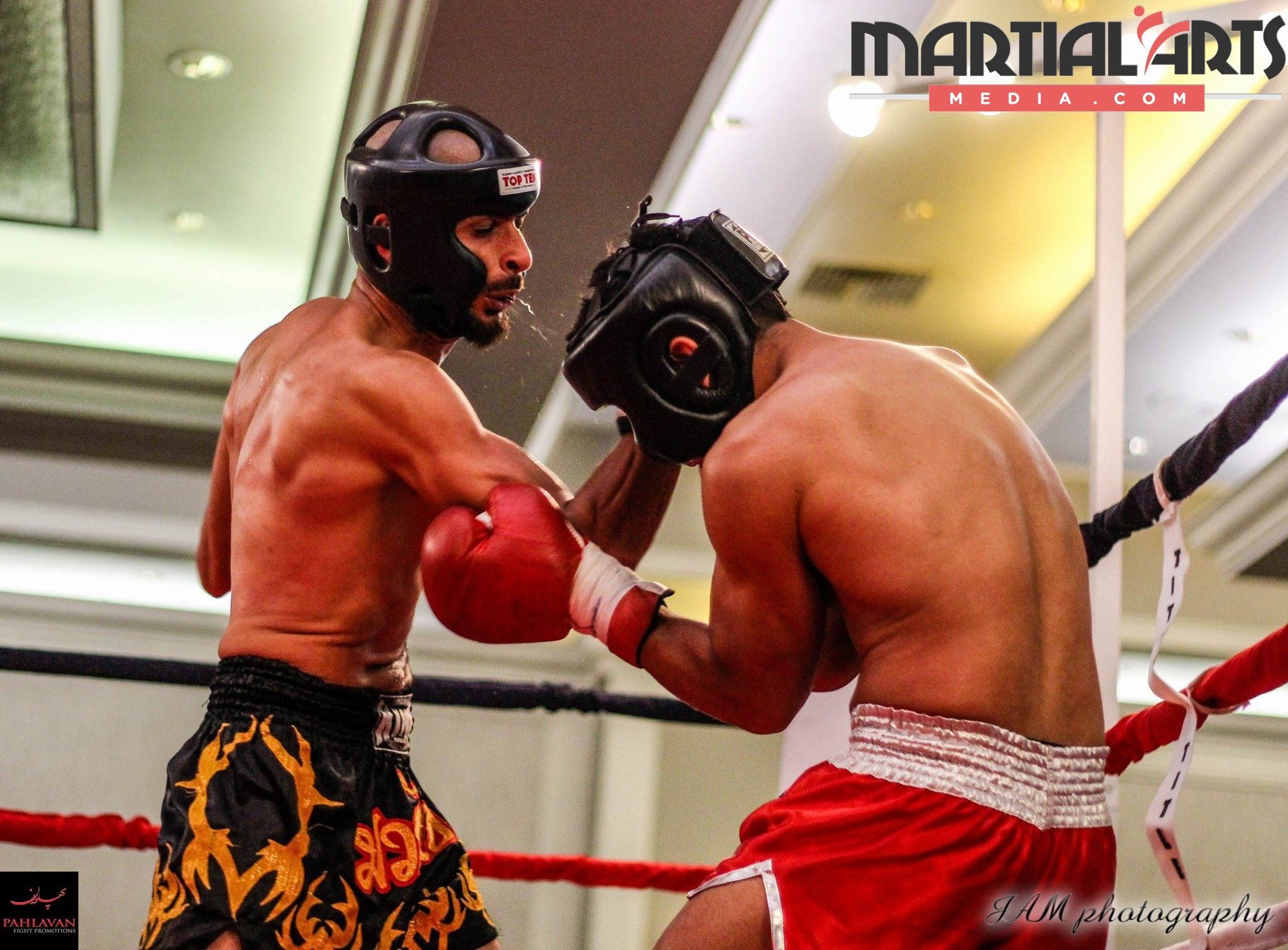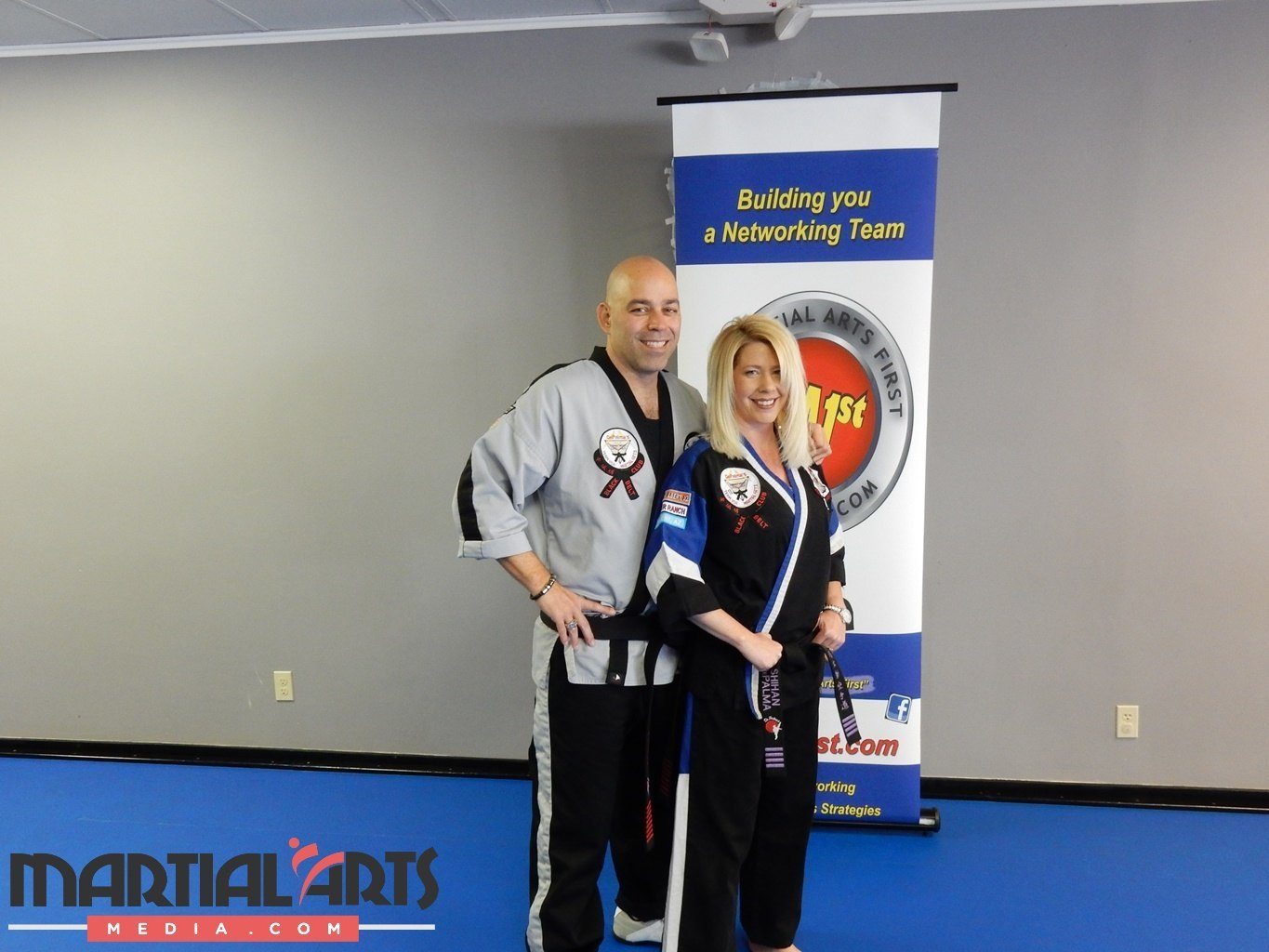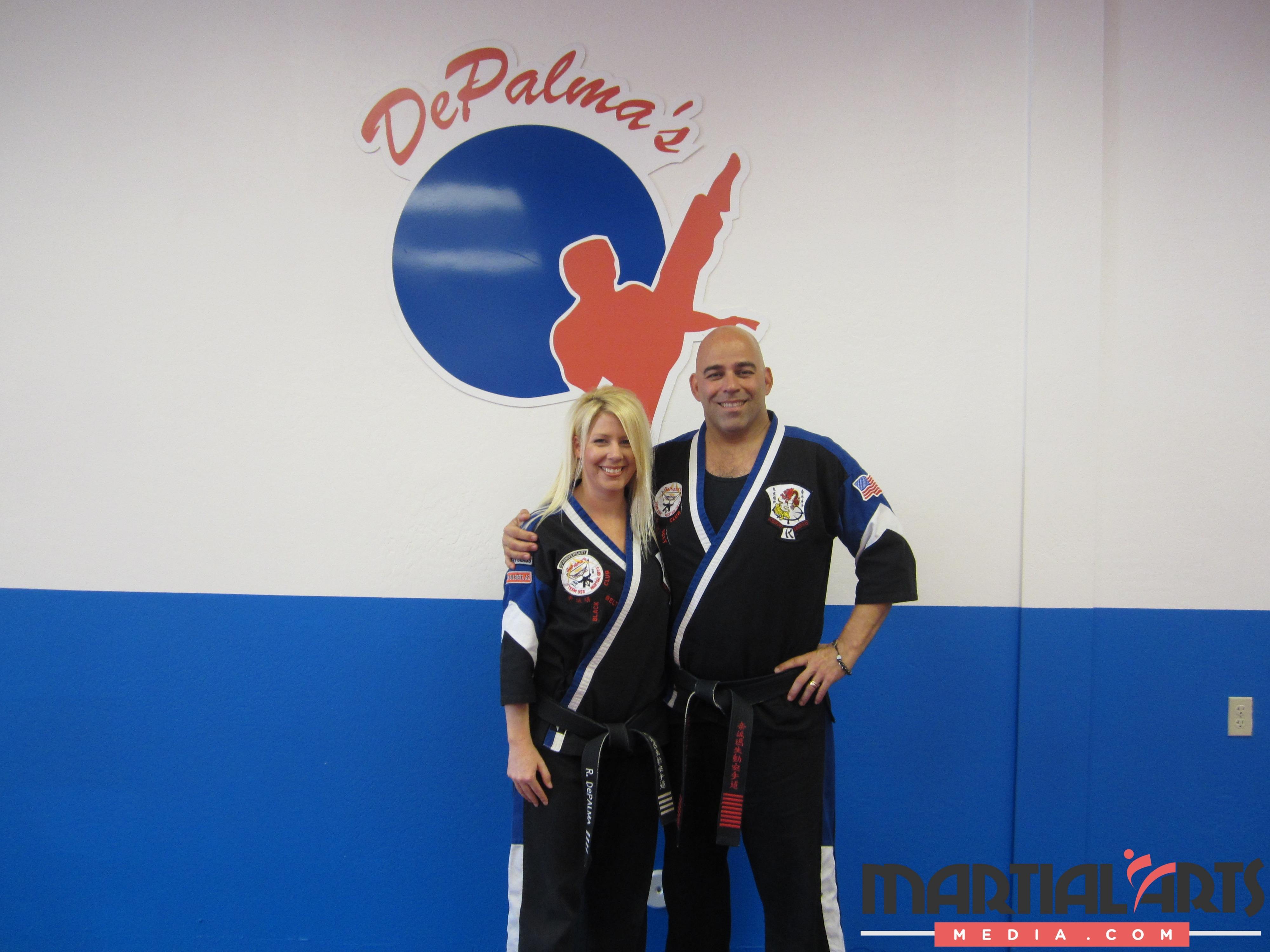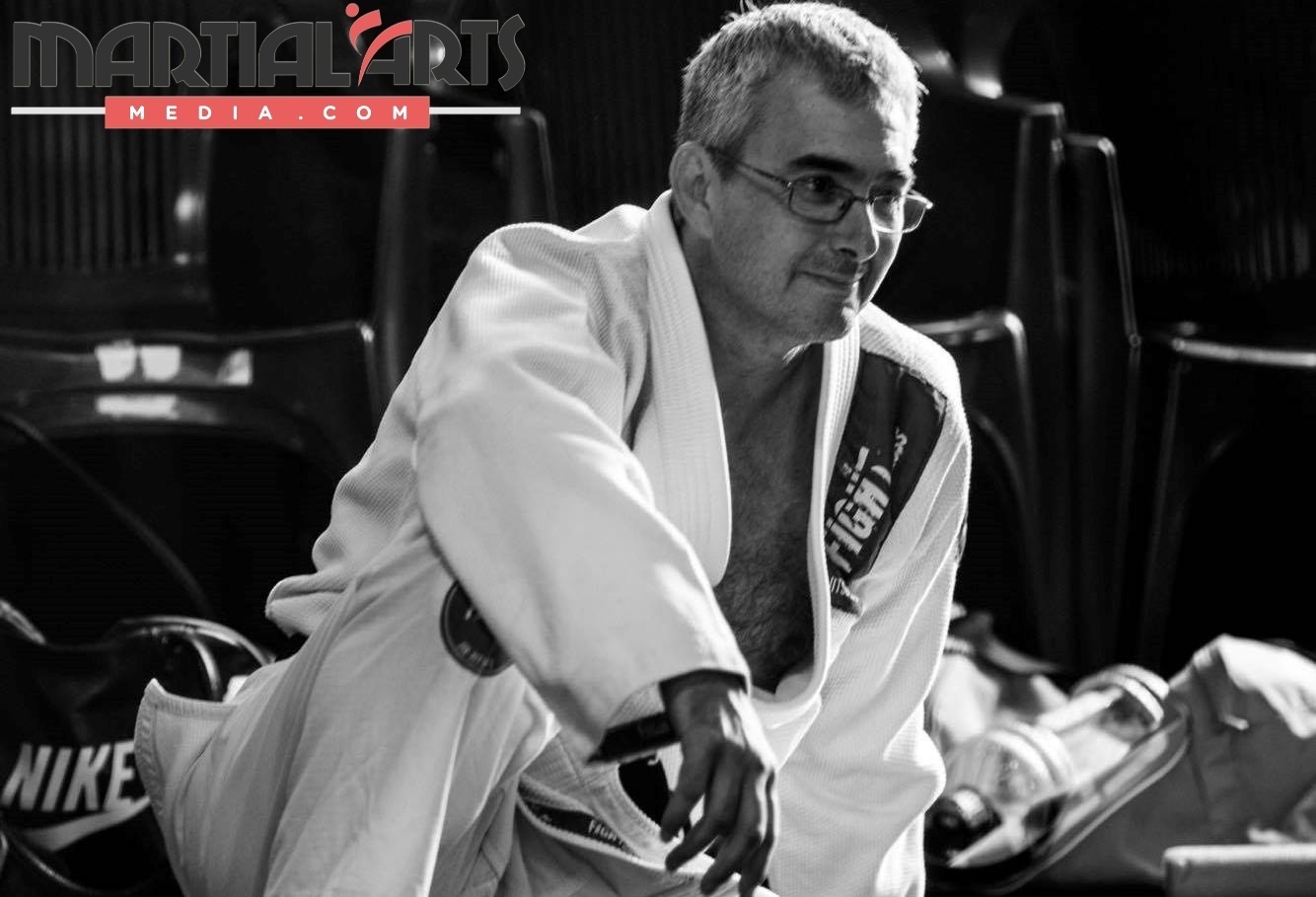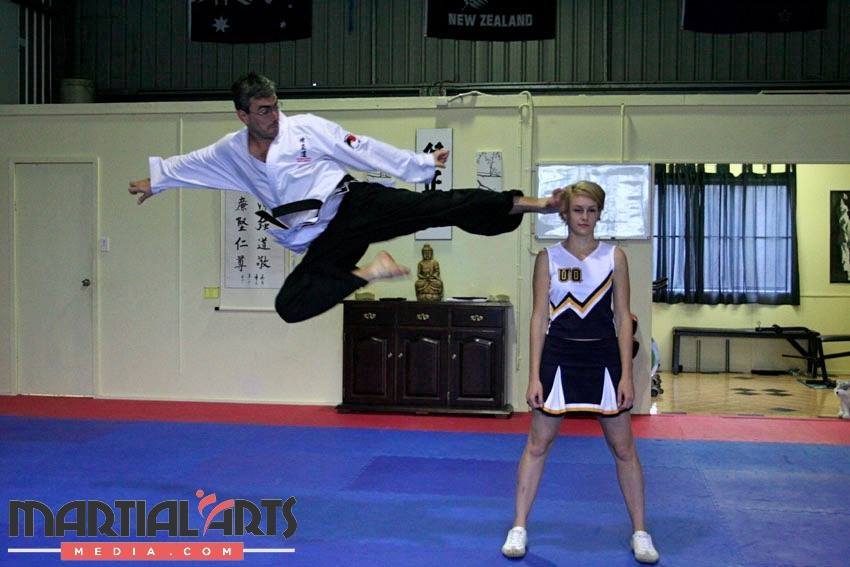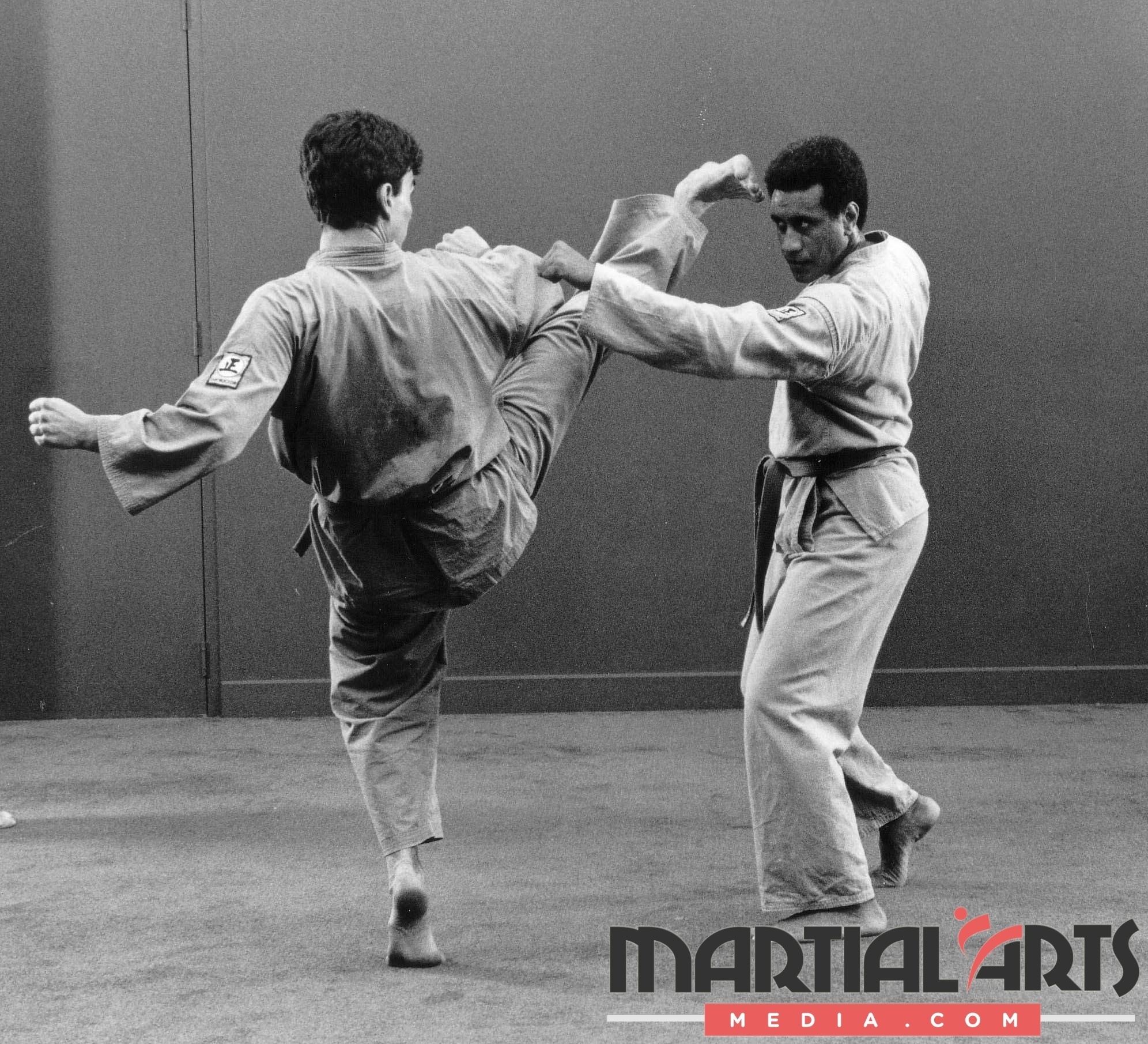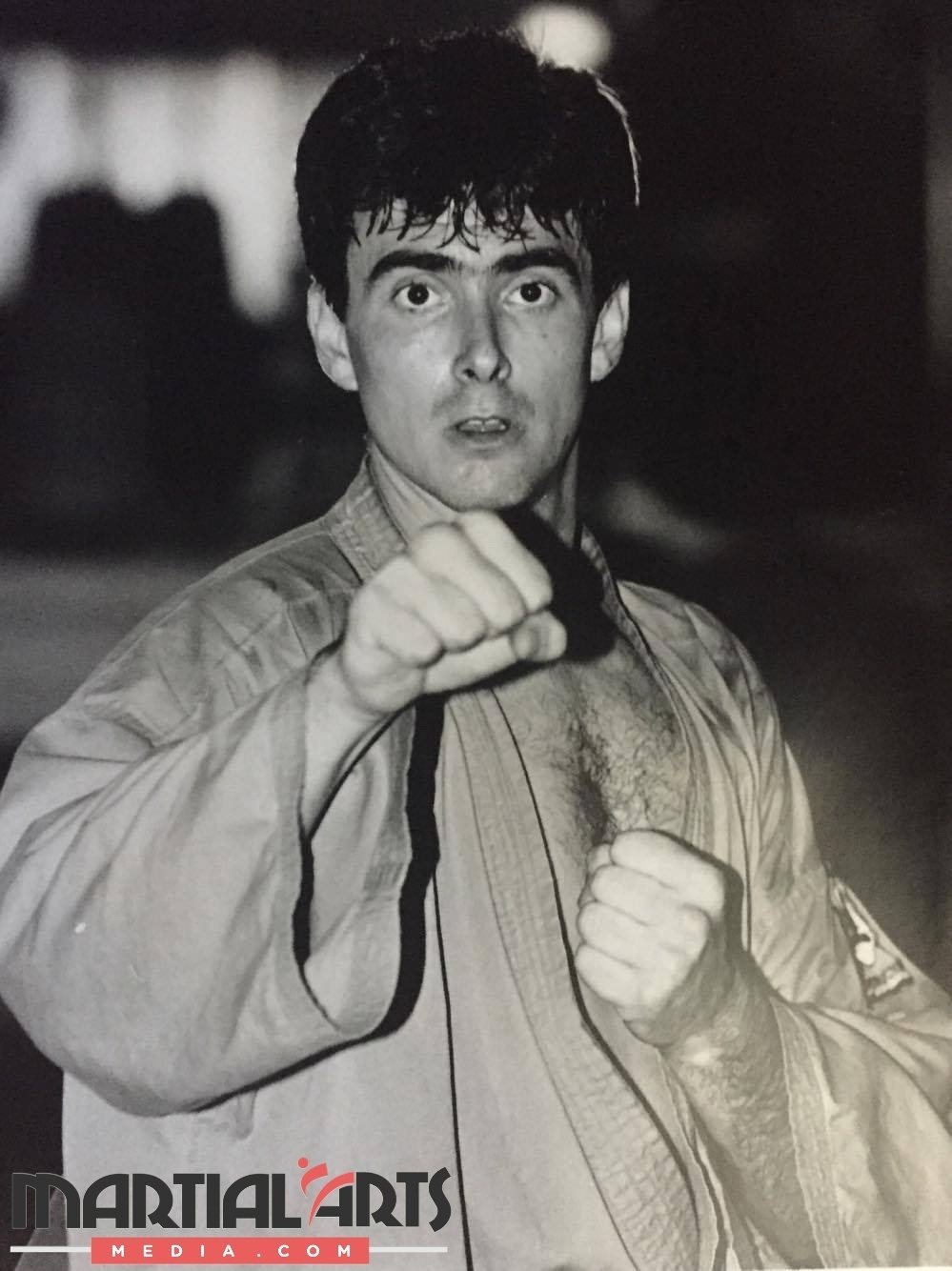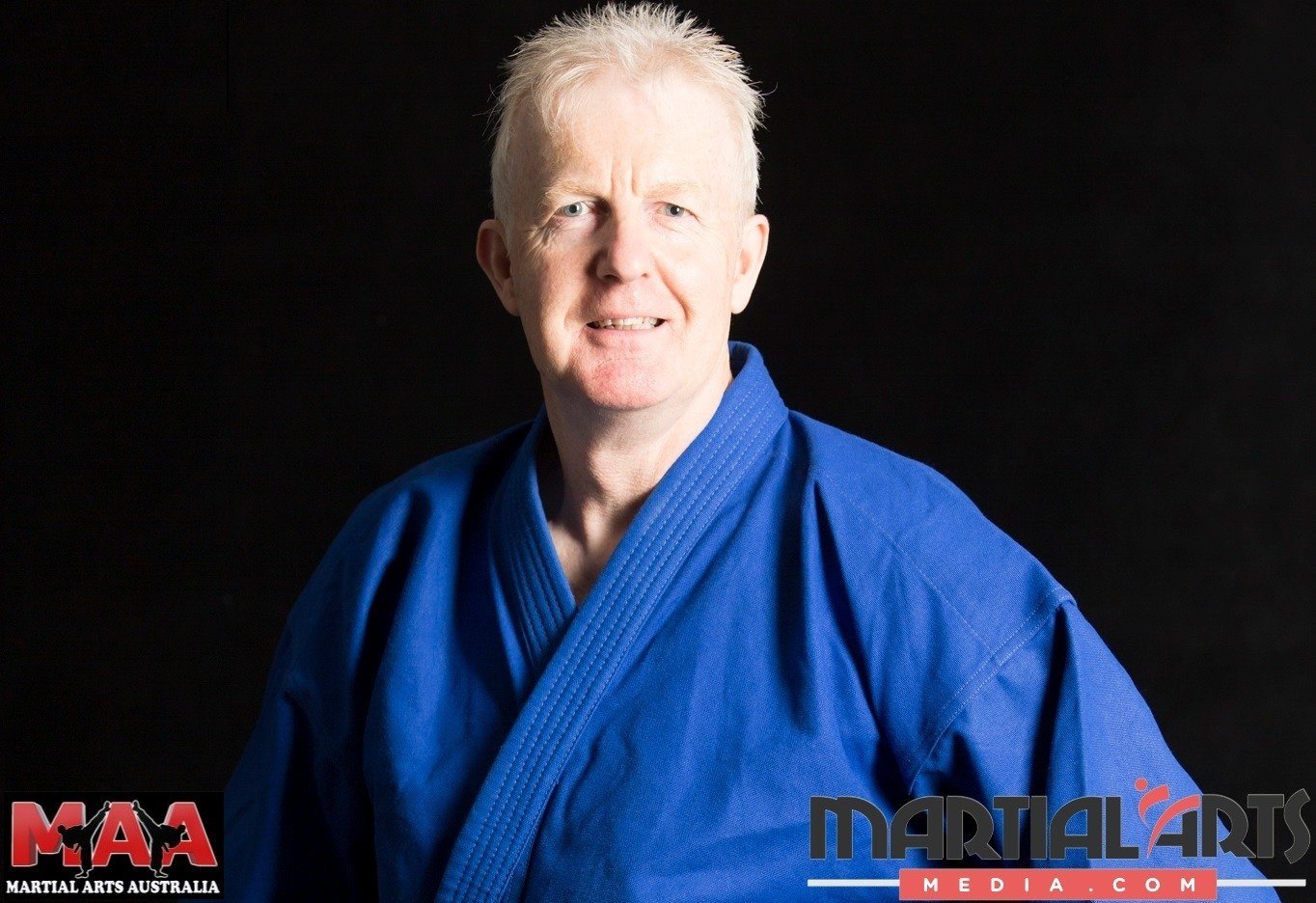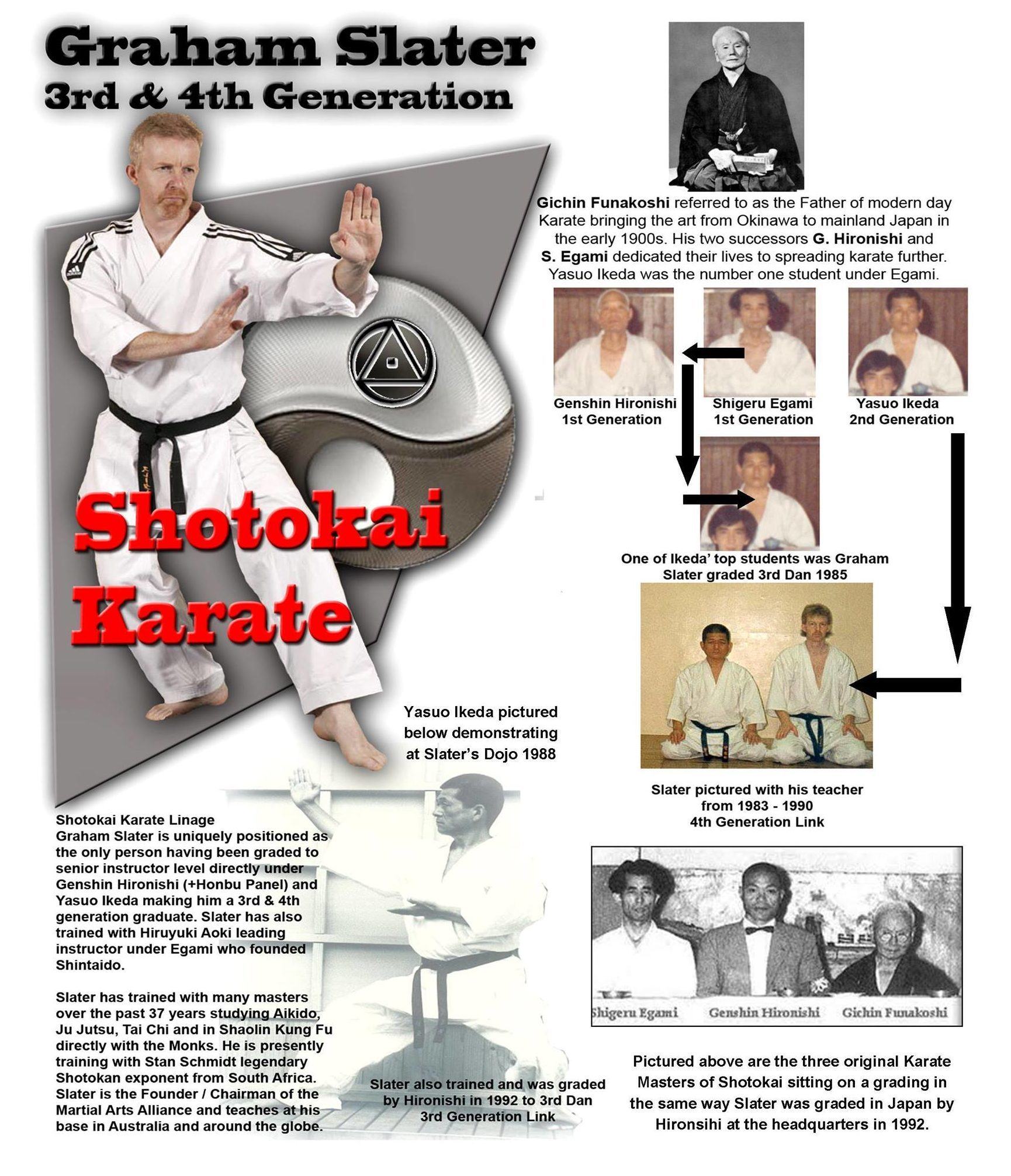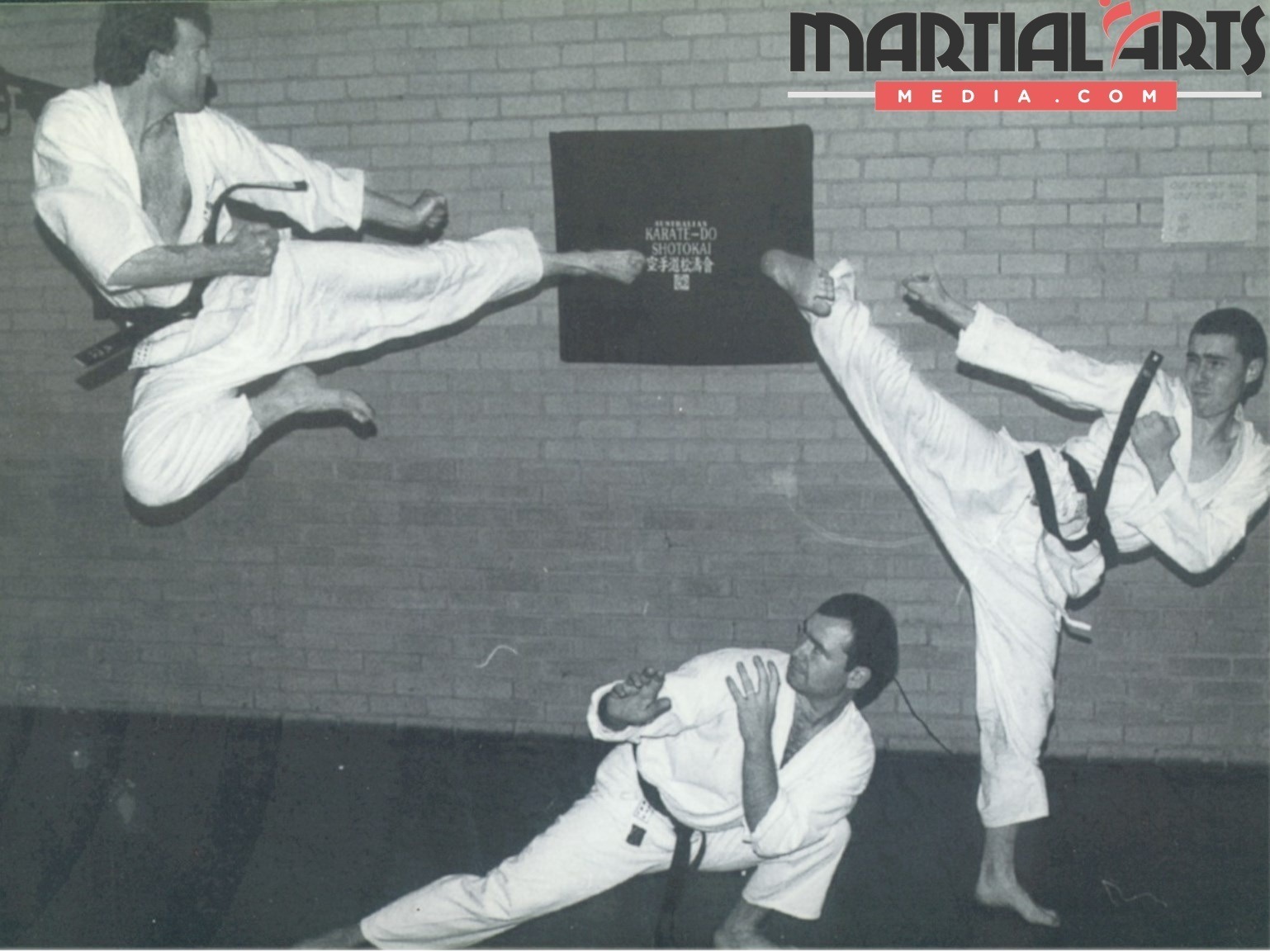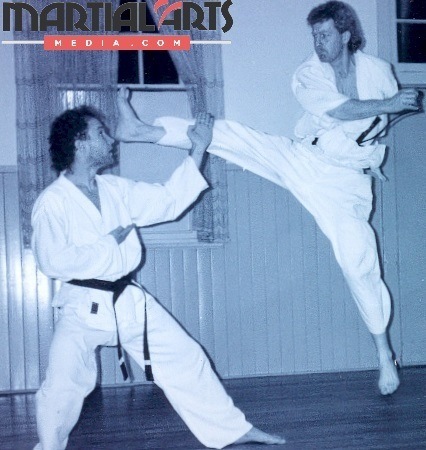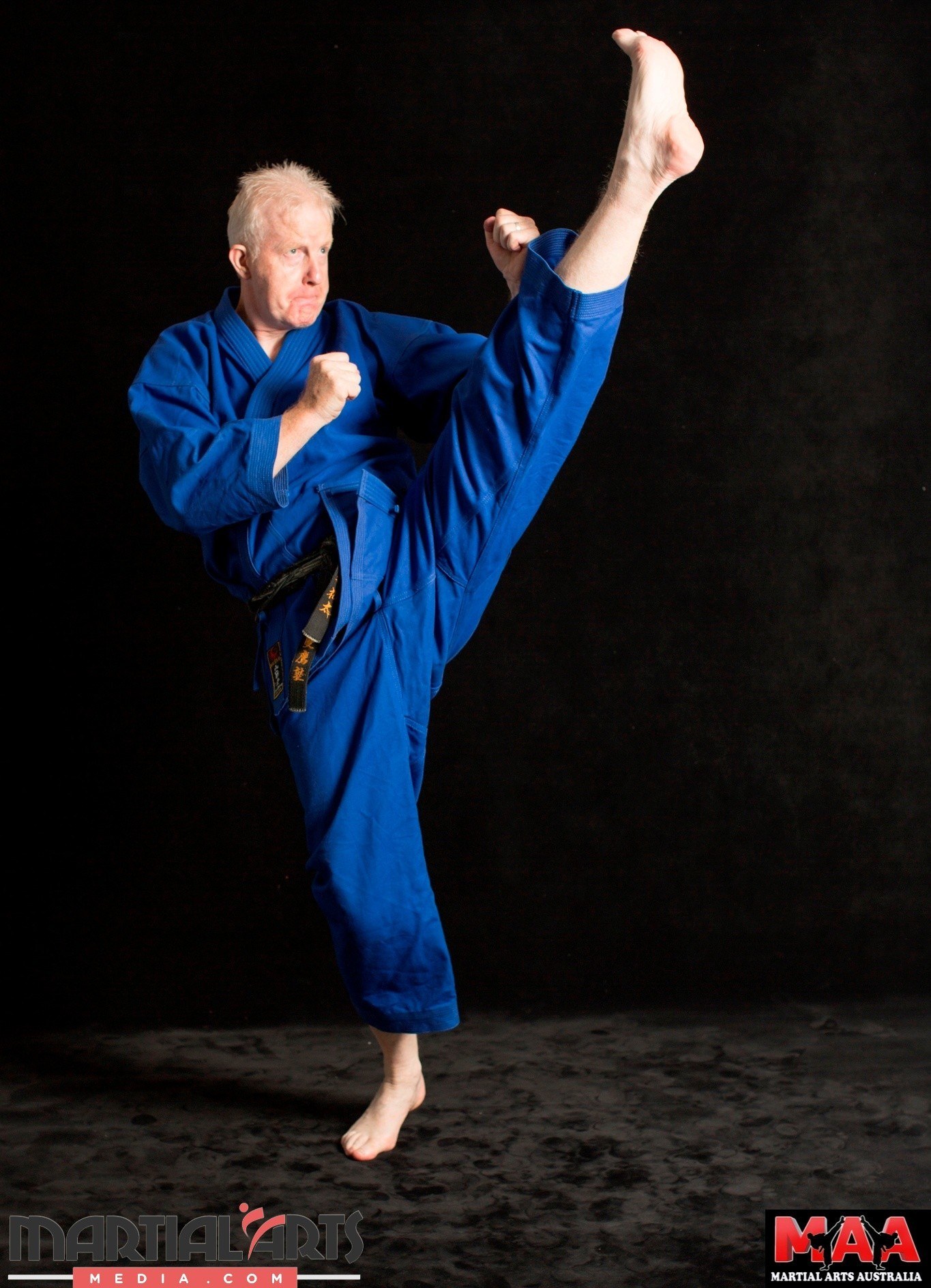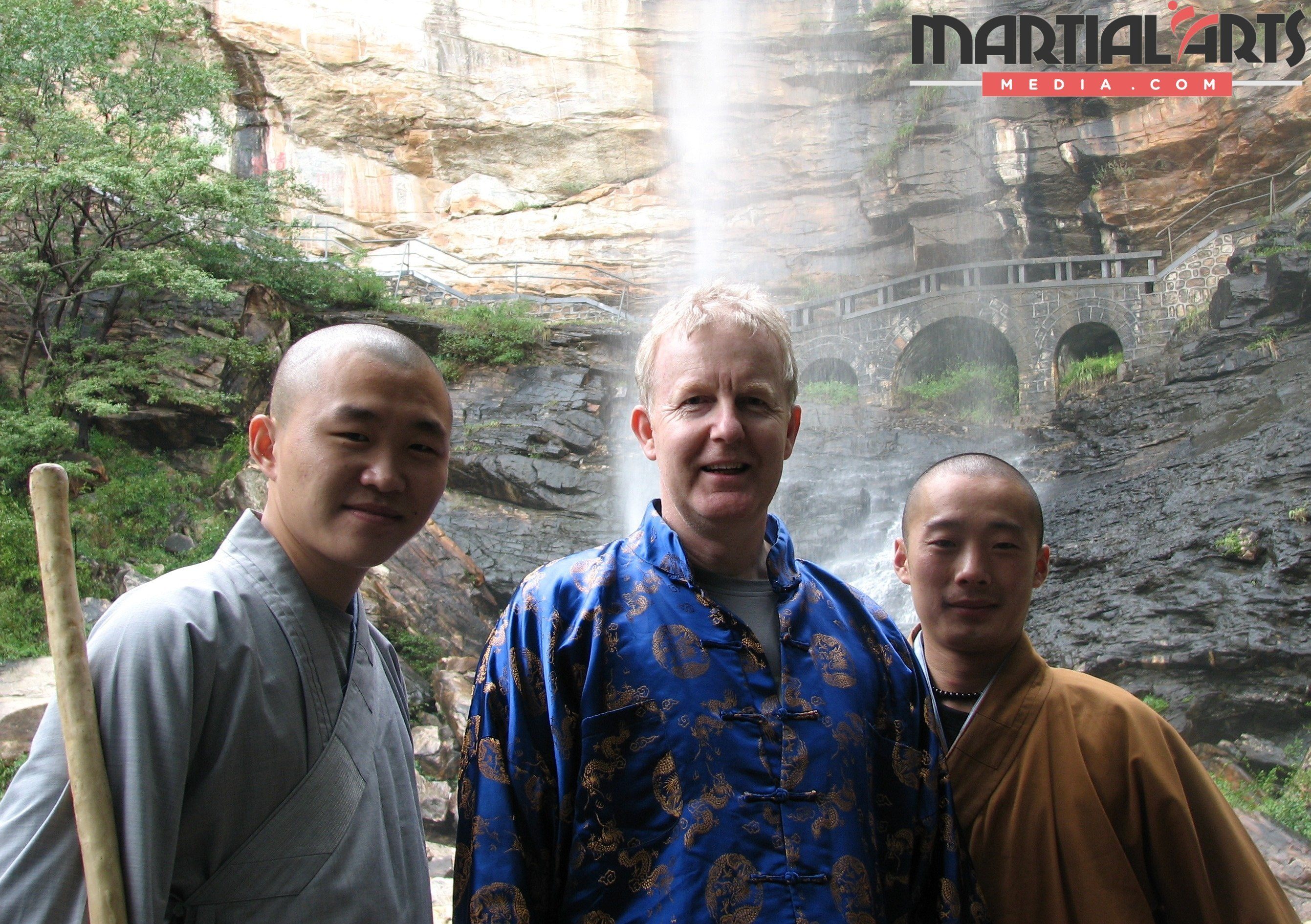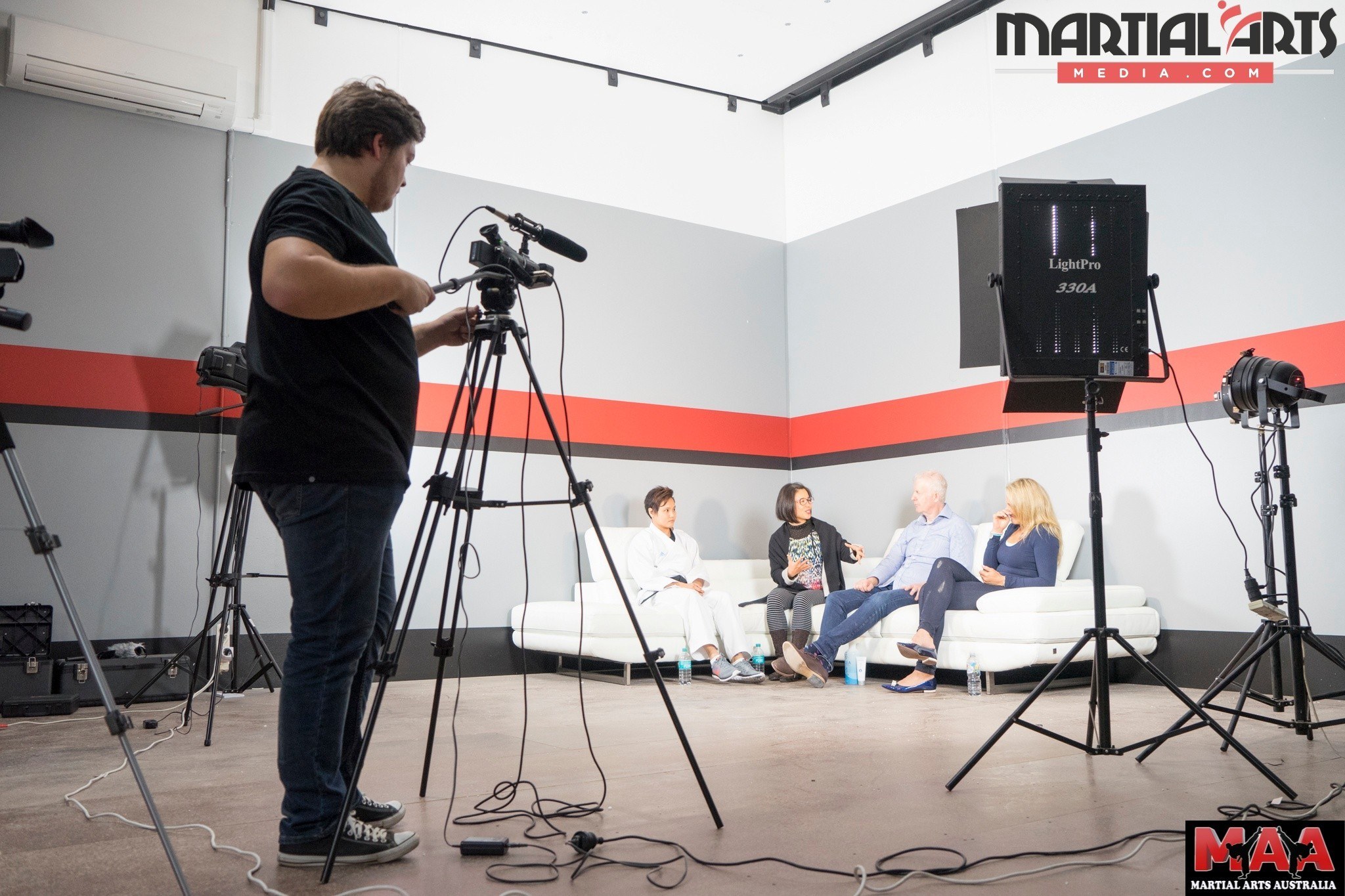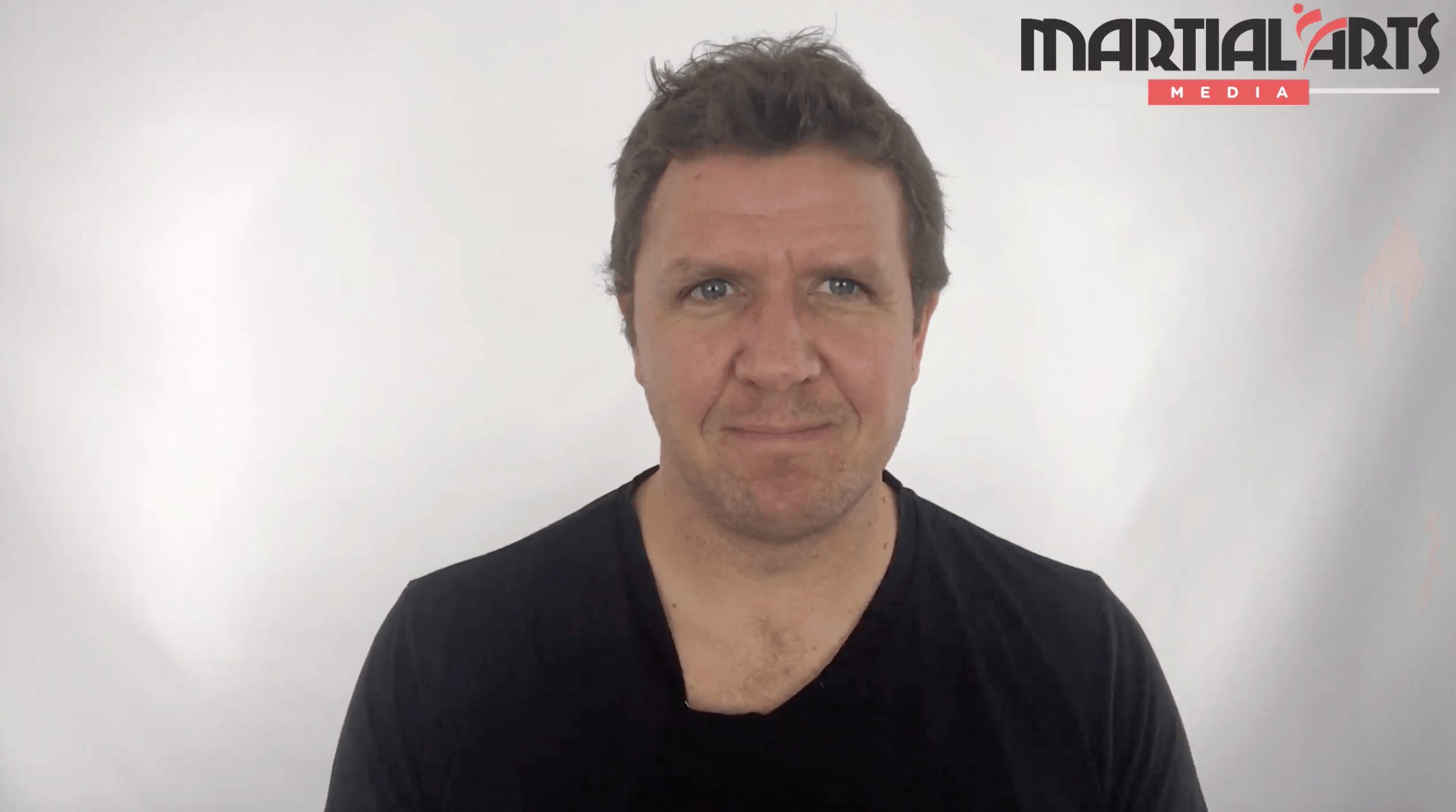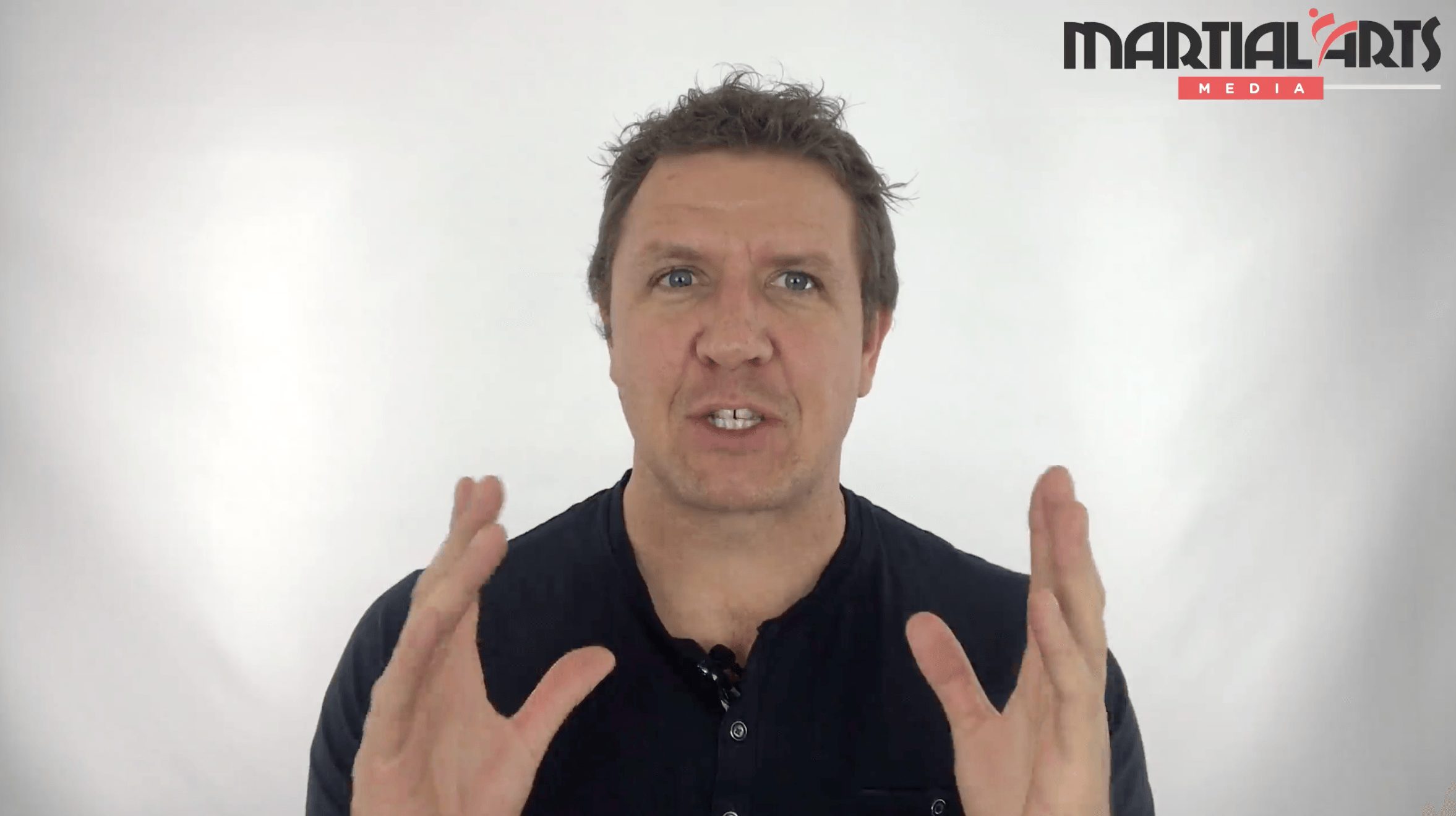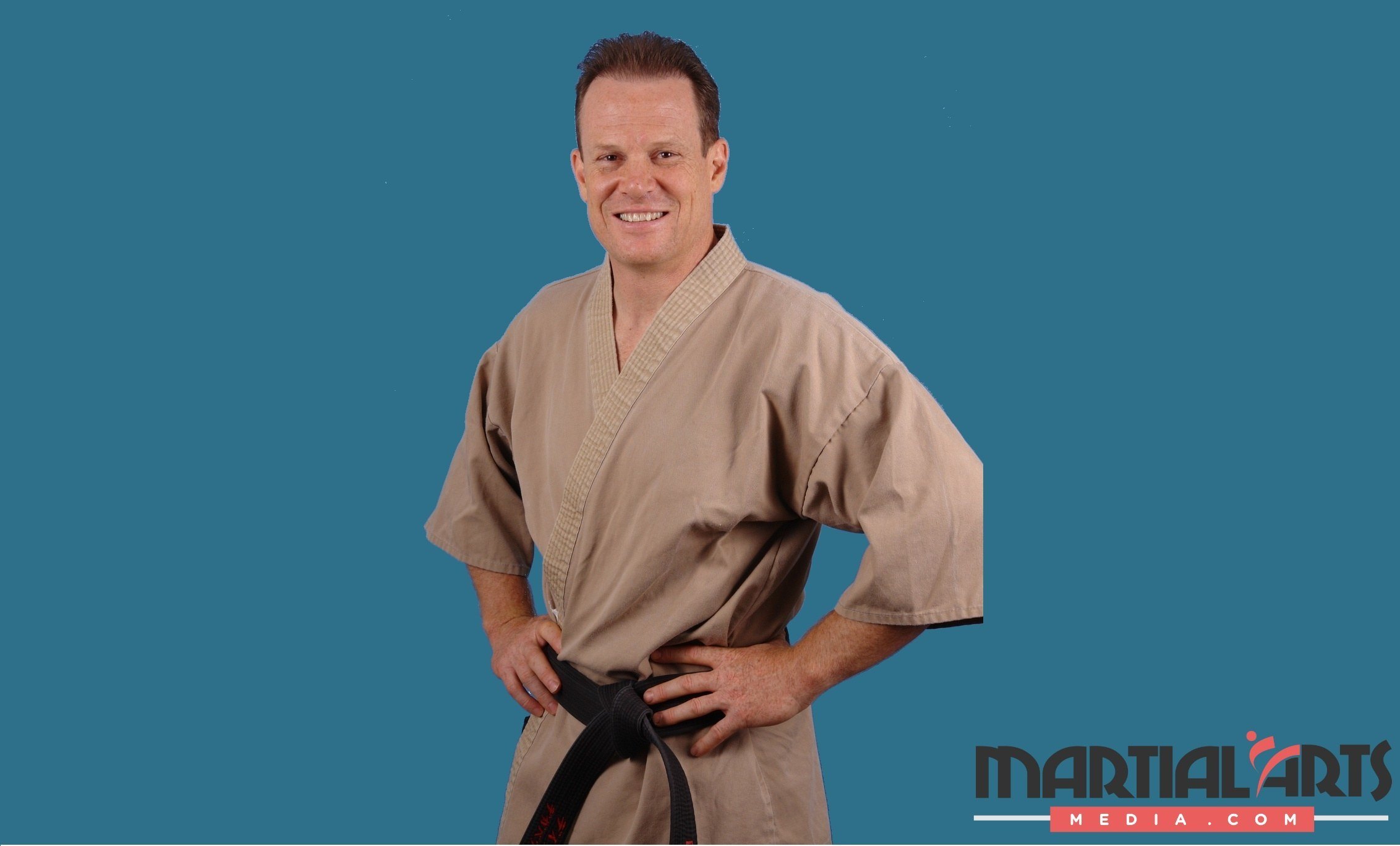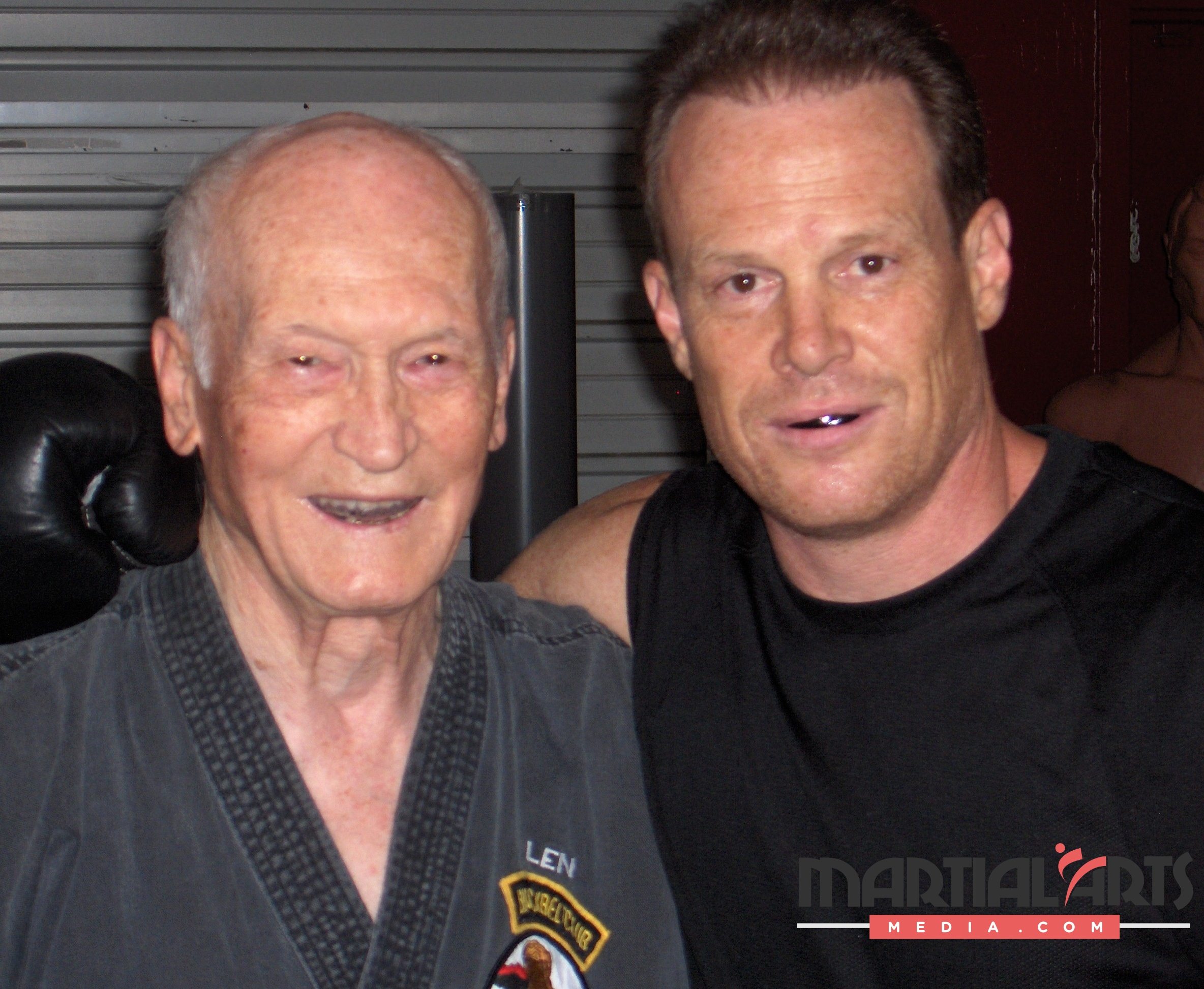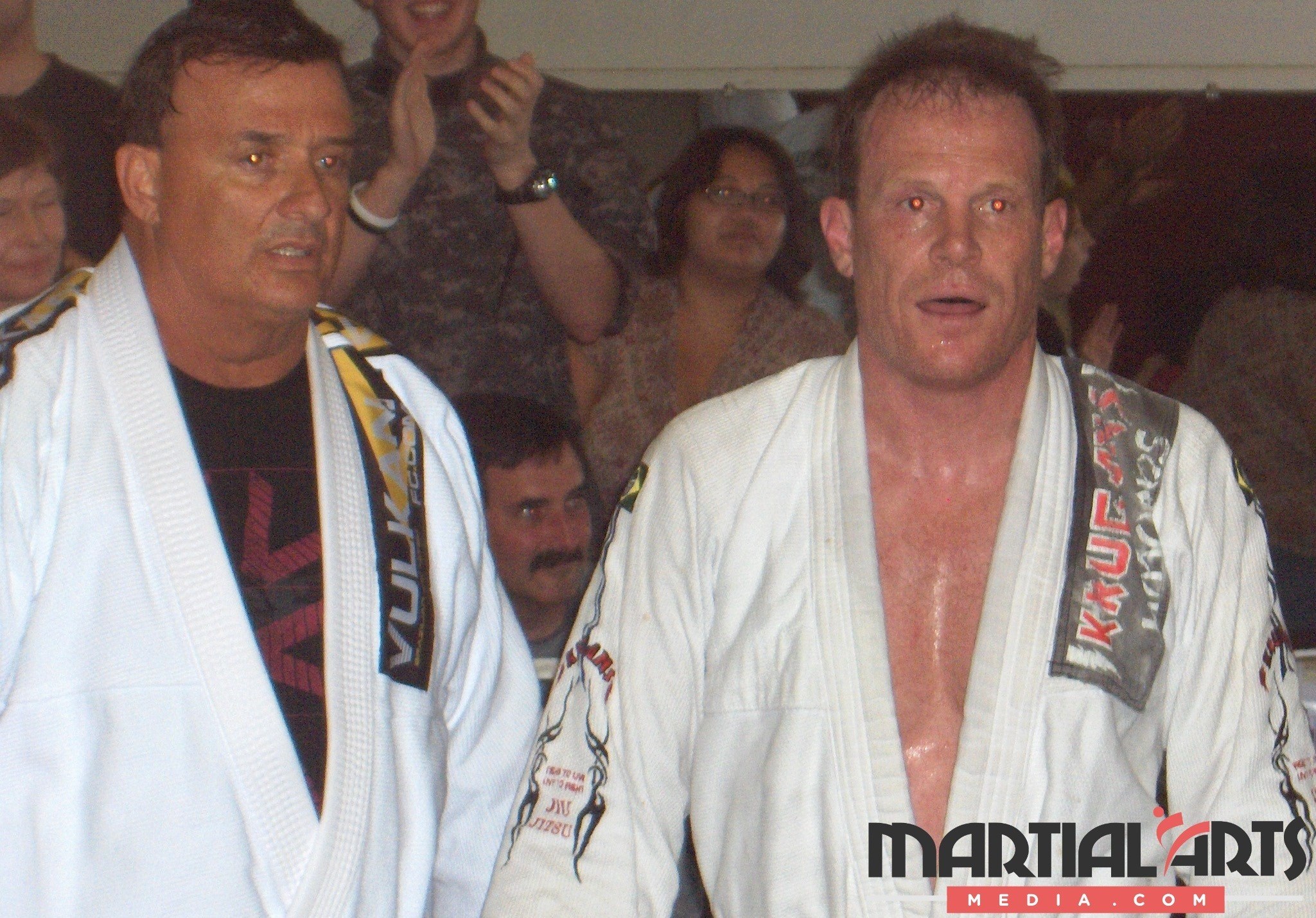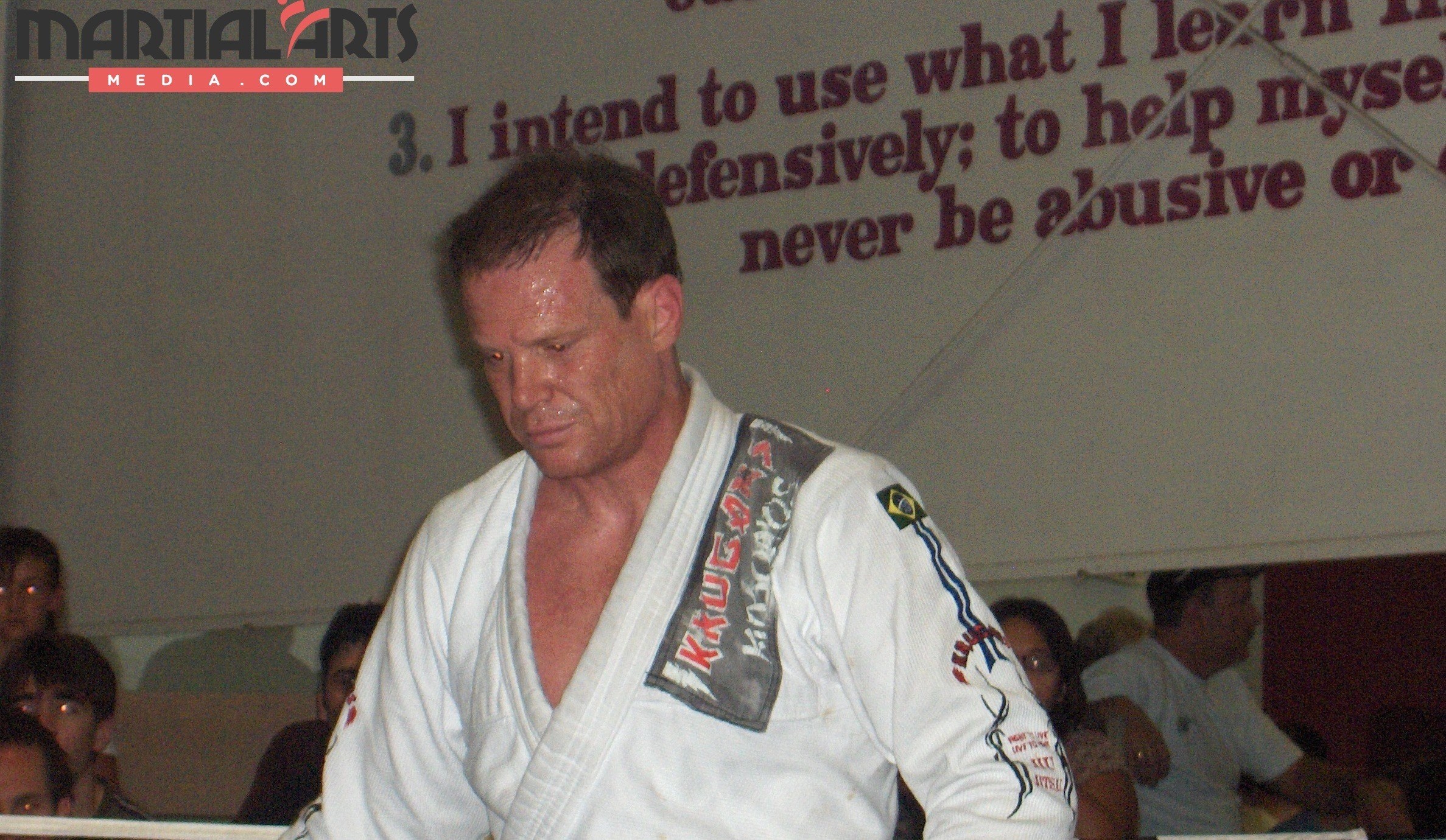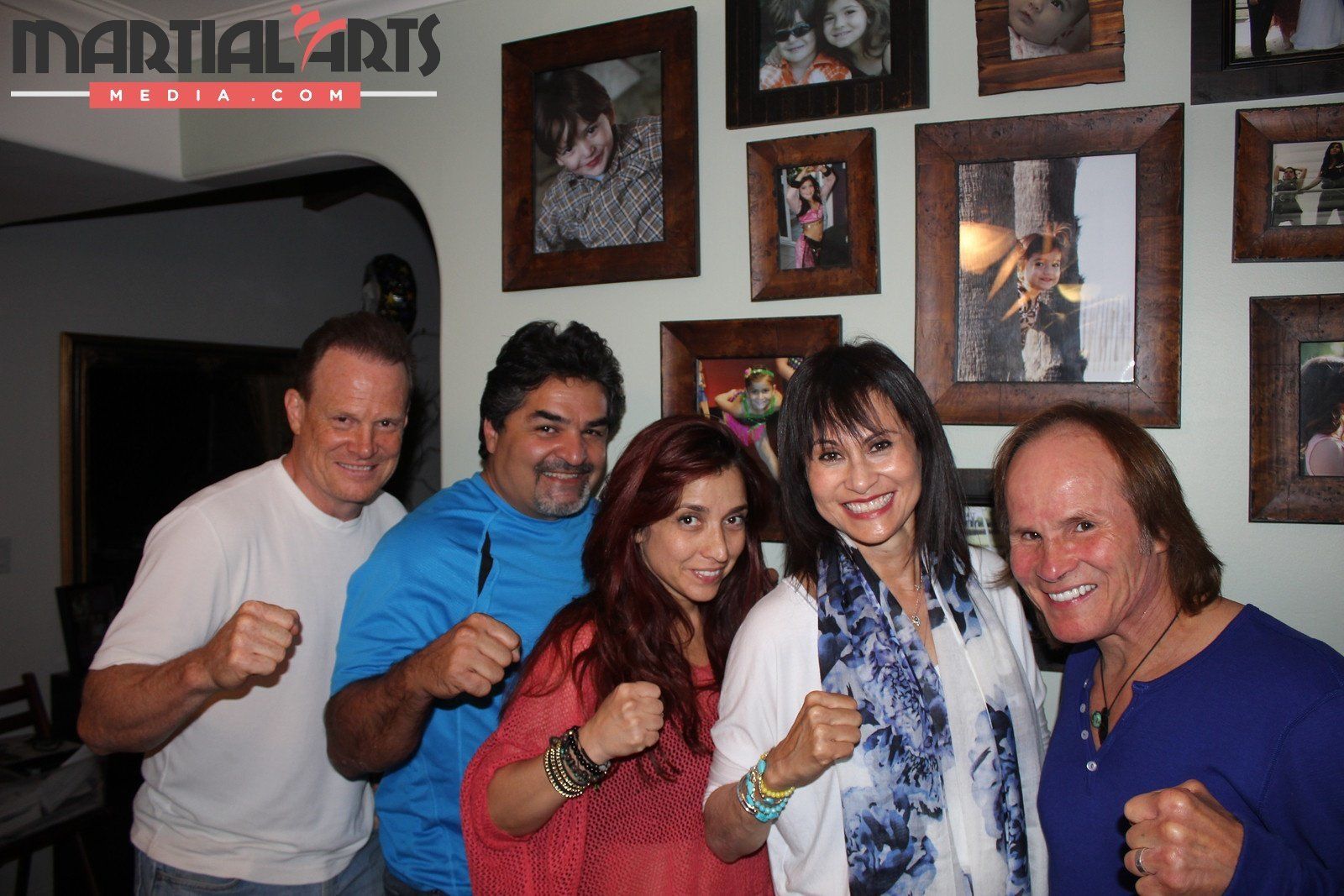Martial Arts marketing doesn't need to be complicated. All you need is to ‘sell' the next step…
IN THIS EPISODE, YOU WILL LEARN:
- The ultimate content leverage experiment
- Where the original 9 word email came from
- The 10 words that can transform your martial arts marketing
- How conversions actually work
- And more
*Need help growing your martial arts school? Learn More Here.
TRANSCRIPTION
Hey, this is George Fourie from Martial Arts Media and I'm doing a quick podcast experiment. I'm broadcasting this in the Martial Arts Media Group and hopefully, simultaneously it's being broadcasted on the Martial Arts Media page and also, to our YouTube channel and then also to Dropbox, which means we'll transcribe this for an actual podcast episode. So, let's see how this goes.
Now, the actual podcast, what I do want to discuss with you today is ten words that can completely transform the way you go about your business. And this concept, I shared this at the main event in Sydney, when I spoke at the main event, and it basically comes in the email format. Now, I want to give full credit where credit is due and this ten words, it's actually nine words, all right?
It's nine words and they come from a gentleman called Dean Jackson and Dean Jackson actually invented the squeeze page. Now, what we know in internet terms as a landing page, a page where you basically have a sales message or an offer or collect details, or whatever it is that you do, but one dedicated page to deliver a message.
So, Dean Jackson was the gentleman that actually invented this system and he also created what's called the nine-word email. Now, we've transformed it, the nine-word email, it's ten words now. And we call it in the Martial Arts Media Academy, we call it the “Boomerang Bullet.” And the reason we call it the Boomerang Bullet is because we expect a return and it's a bullet! It has an impact. So I'm going to share what the ten words are.
Now, as I mentioned, we use this within a campaign, so we use it as in a six part campaign. Every time we've done this for martial arts schools, for martial arts schools owners, we've had tremendous success. It's always baffled everybody when we do it, everybody tries and complicates it, but it works every single time and when you do it when you just simplify the message and you do it, you get a lot of responses.
So the way you can use it, you can use it to revive old students, you can use it to engage conversation with prospects who have not replied or have kind of just fallen off the radar, right? So if you're trying to revive old prospects, or revive old students, then these ten words can be used.
Now, the way we do it, we use this within an email sequence, so you would need some kind of an email tool, preferably to do it, if you are going to do it on a mass scale, but even if you’re using this with Facebook messages, or even in a text message, the concept of it will change the way you go about your marketing.
All right, so, you want to know what the ten words are? It's simple: you send out an email and obviously, the content is going to vary, but the way we normally do it is we keep the subject super short, so we just say, martial arts, or quick question, or something very, very short and then the ten words pretty much go:
Hey person,
Are you still interested in martial arts?
And you sign it with your name.
All right?
That's the email. No fancy banners, no company logos, no nothing, just hey person, are you still interested in martial arts? Obviously, the context can change: are you still interested in kick boxing, are you still interested in starting martial arts – you can play around with the words, but the concept is really just to keep it simple.
So, why does it work? Well, it cuts to the chase. In marketing, we always try and complicate things. We want to take people right to the end where we want to take them, so we want to tell them everything that we have, everything that we offer and when we do that, we do an information dump. Information dump, information overload. And most people look at the message they get and they look at it and think, OK, not now, I will look at it later. But the way and why this works is, conversation leads to conversion, OK? Conversation leads to conversion.
We can probably add another word in there: conversation leads to a relationship, leads to conversion. So if all that you're really after is to start the conversation that's going to lead to the conversion, then why not just focus on starting the conversation, right? It just simplifies it, because if there's no conversation, there will be no conversion. So when you use these ten words, it really just breaks it down to get the conversation started. Hey – are you still interested in martial arts? Yes, or no?
If the person is not, awesome – off the list, you don't have to contact them again. All right? Just really keep it easy. But then of course if they are, it gives you the opportunity to start the conversation and then you can go and present an offer, or whatever it is that you want to do.
So, hey, try it! If you've got a list of old students, students that aren't training anymore, prospects that have fallen off the radar – get them all together in an email autoresponder type of tool. If you need help with that type of thing and what type of tools you need, shoot me a message wherever you're watching this, or just an email george at martialartsmedia dot com and I can give you ideas of what type of tools you can use to facilitate this.
And of course, if you want information on how to use it with a larger campaign, then speak to us at the Martial Arts Media Academy, where we give you all the sequences, all the email sequences that will create a valuable campaign with this altogether, with an email campaign basically. But hey, go and try it. Keep it simple, get a message out, keep it personal, from your name, not your martial arts school and send it out, tell me how it goes and I'm sure you will thank me for the next time you see me.
That's it – thanks for watching, speak soon. Cheers!
*Need help growing your martial arts school? Learn More Here.
Enjoyed the show? Get more martial arts business tips when you subscribe on iTunes for iPhone or Stitcher Radio for Android devices.


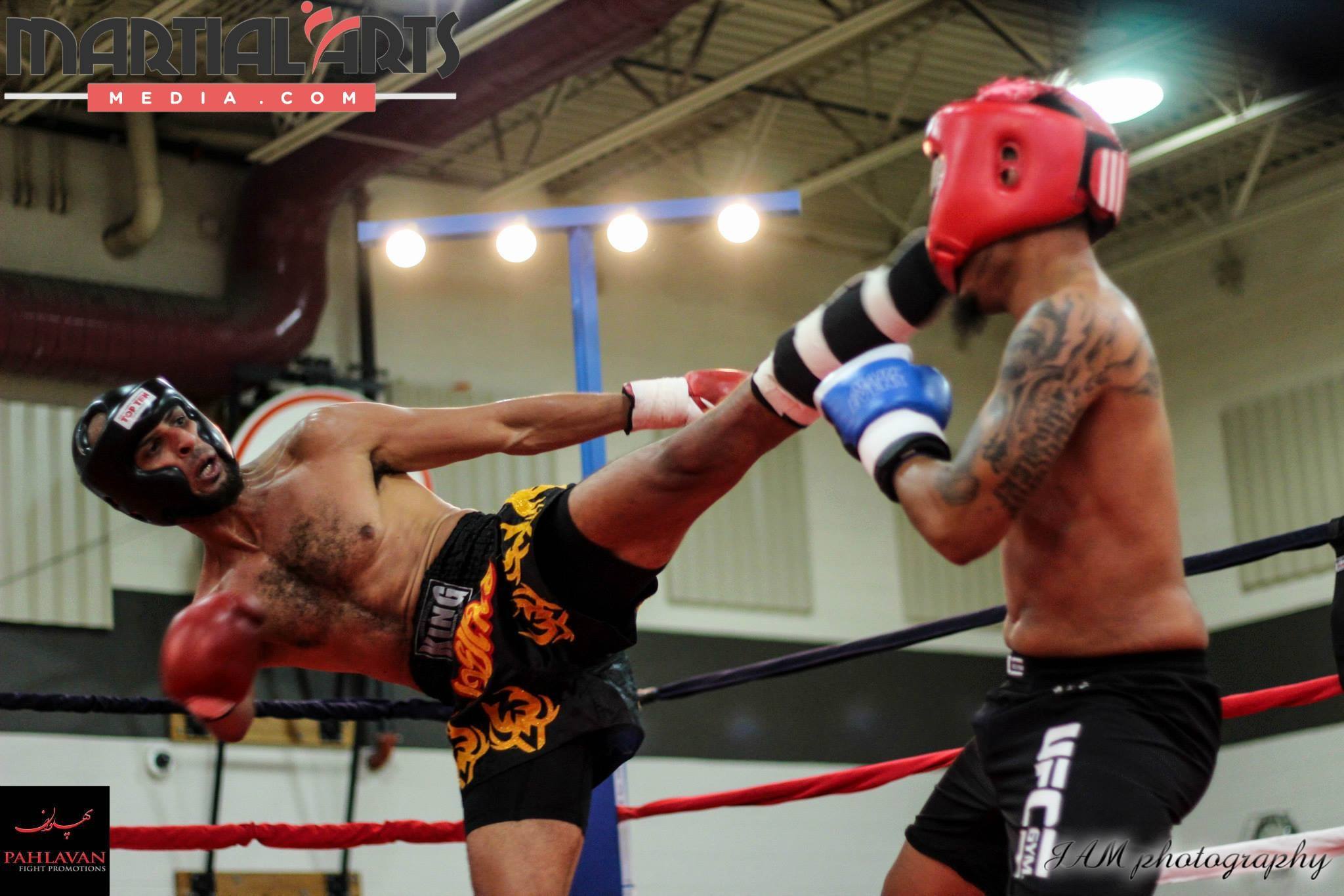
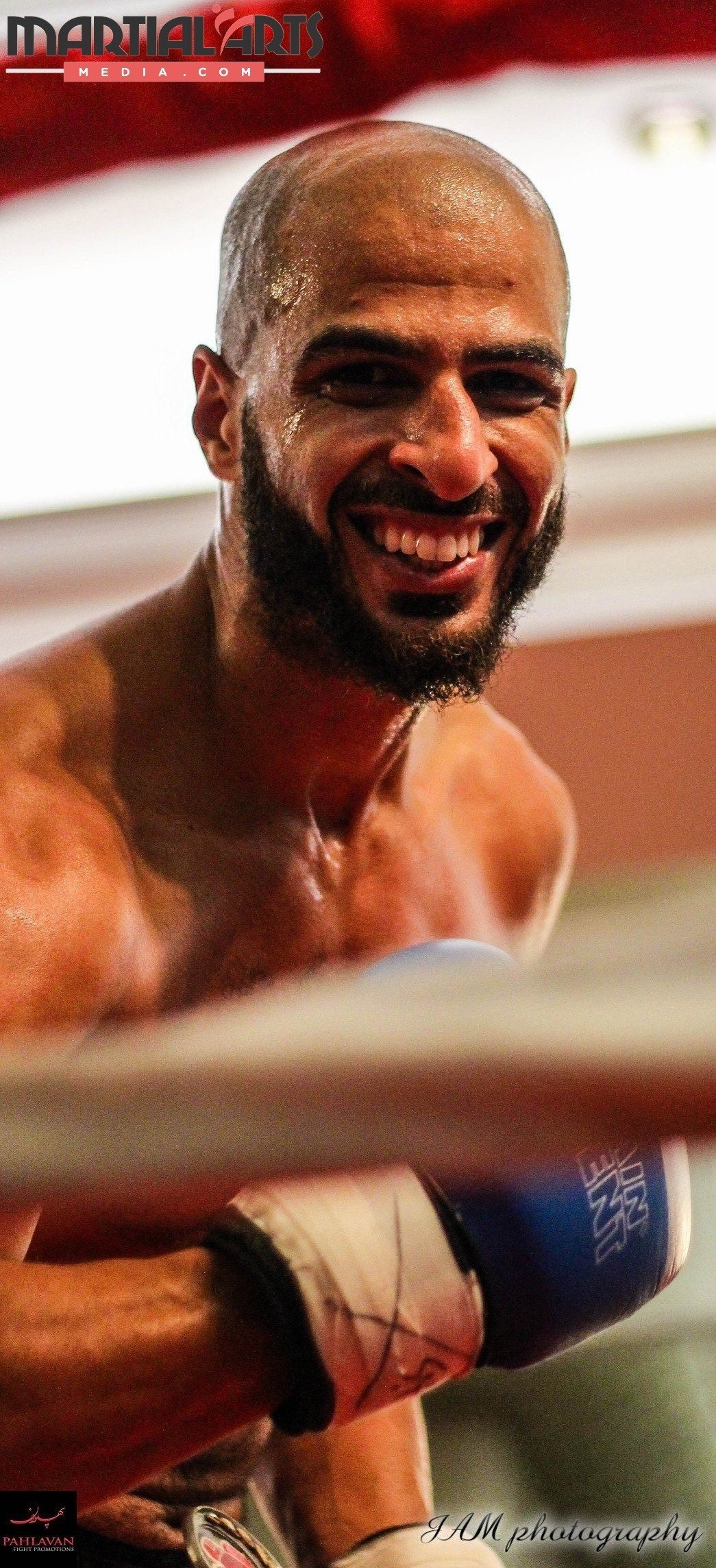 ADEL:
ADEL: